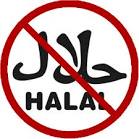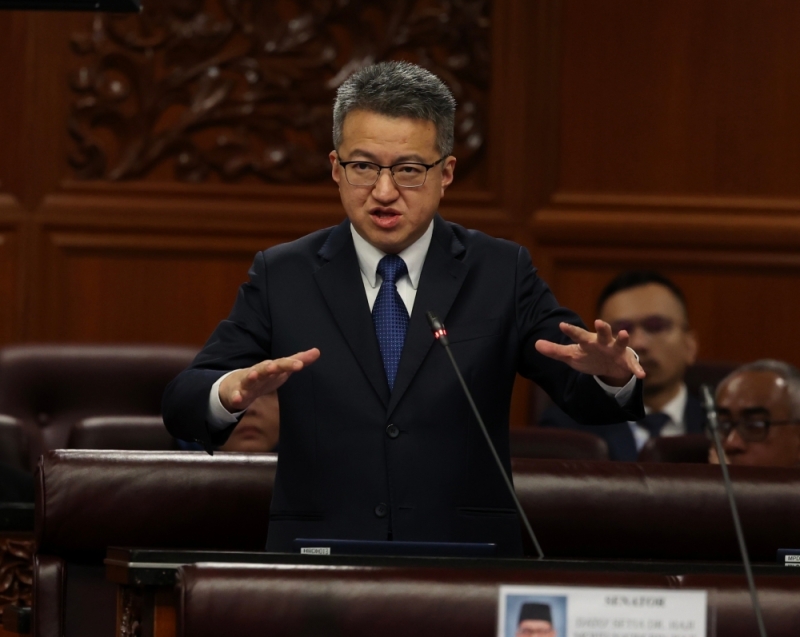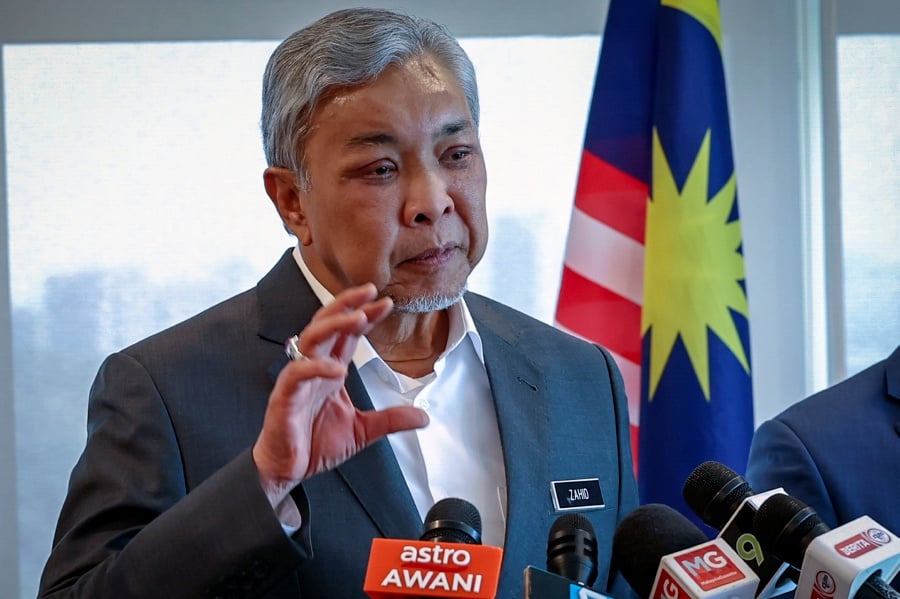 KUALA BERANG, Bernama, Dec 31 — A frozen meat importing firm believed to be behind an illegal meat cartel will be charged in court soon, says Deputy Domestic Trade and Consumer Affairs Minister Datuk Rosol Wahid.
KUALA BERANG, Bernama, Dec 31 — A frozen meat importing firm believed to be behind an illegal meat cartel will be charged in court soon, says Deputy Domestic Trade and Consumer Affairs Minister Datuk Rosol Wahid.
Speaking to reporters after officiating the Food Bank Malaysia programme in Kampung Lubuk Periuk here, today, he said the investigation paper on the company located in Johor Baru was almost complete, as the ministry had obtained the meat analysis results from the Chemistry Department on Monday.
“When we want to charge (in court) the meat must be sent to the laboratory to be checked whether it is indeed kangaroo meat, horse meat, pork or any other meat. So it takes time,” he said, adding that the Chemistry Department had already assisted by expediting the checks as it was a matter of public concern.
He said the company was believed to have repackaged imported meat by imitating the logos of Malaysia’s leading frozen meat distributors as well as placing an uncertified ‘Halal’ logo of the Malaysian Islamic Development Department (Jakim) on them.
Rosol also advised the public not worry, as based on information from the Department of Malaysian Quarantine and Inspection Services (Maqis), the company’s distribution market share in the country was less than one per cent.
Meanwhile, Rosol said the ministry had proposed the use of a QR code system on imported food items, including meat, at all the country’s entry points to make things easier and more efficient for the authorities.
“Currently, inspections at the country’s entry points are done manually, so there is a risk that officers and staff on duty could make mistakes or overlook certain matters,” he added.
Meanwhile, Johor Police chief Datuk Ayob Khan Mydin Pitchay said the state’s police had so far received 15 reports in connection to the illegal meat cartel, including from government agencies and political parties.
He also reiterated the statement by Inspector-General of Police Tan Sri Abdul Hamid Bador, that the main bodies in charge of investigating the matter were the Ministry of Domestic Trade and Consumer Affairs (KPDNHEP) and the Royal Malaysian Customs Department.
— Bernama



